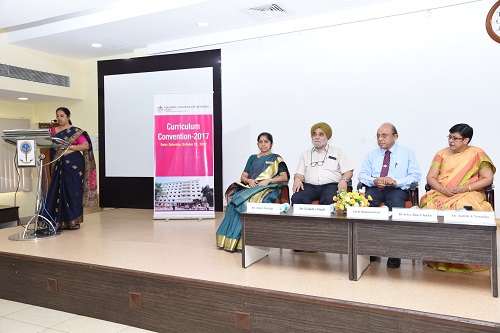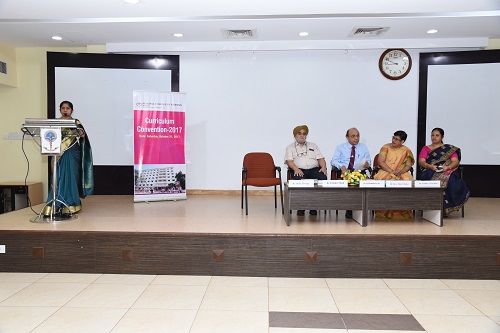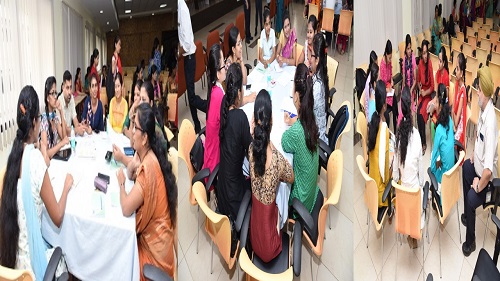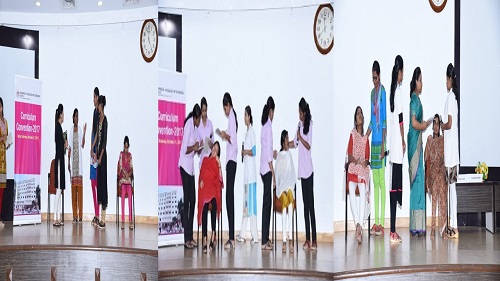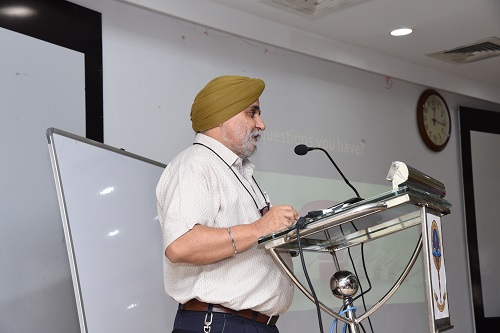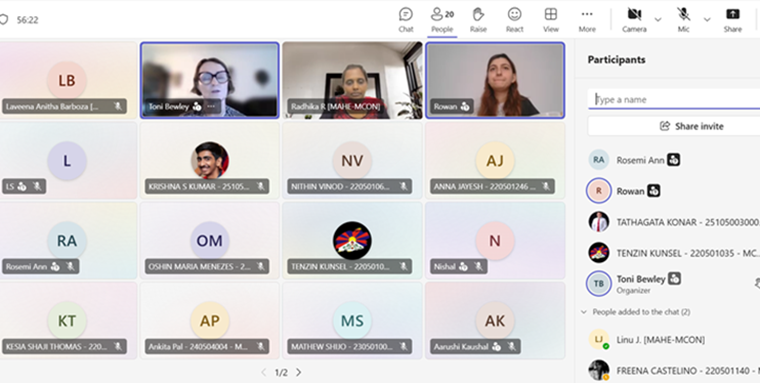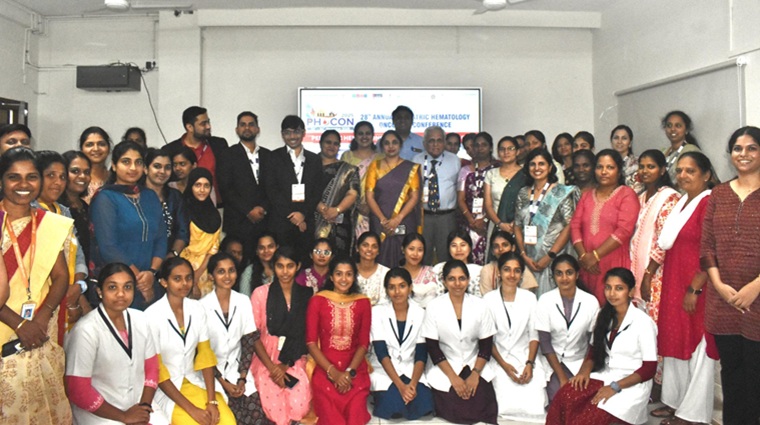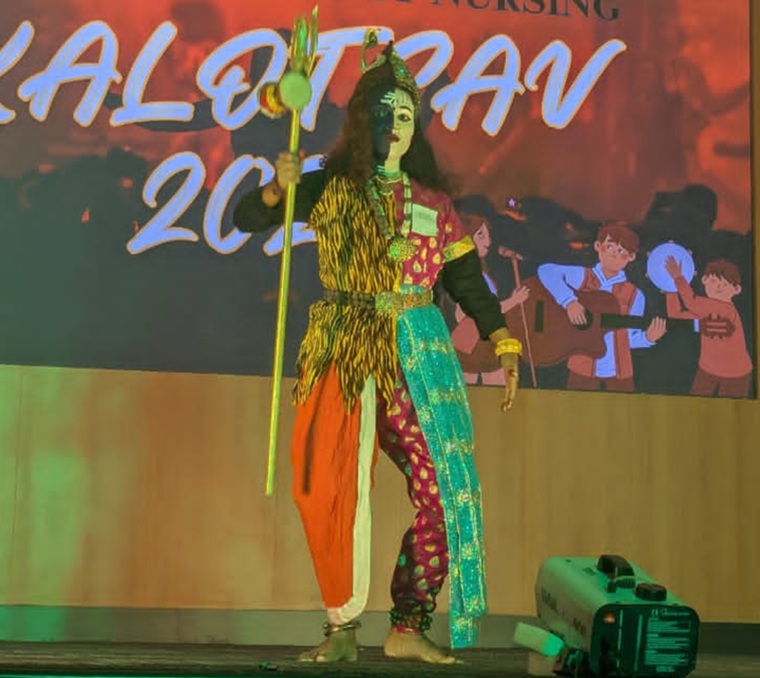Curriculum convention for Nursing 2017
Curriculum convention is a deliberate effort to gather the stakeholders under one platform with the purpose to bring changes in the existing curriculum to cater to the needs of the customers. Manipal College of Nursing, Manipal Academy of Higher Education, Manipal organized the curriculum convention for the third consecutive year on 21st October 2017.
